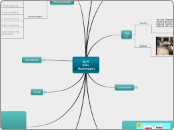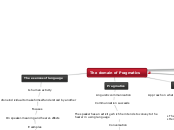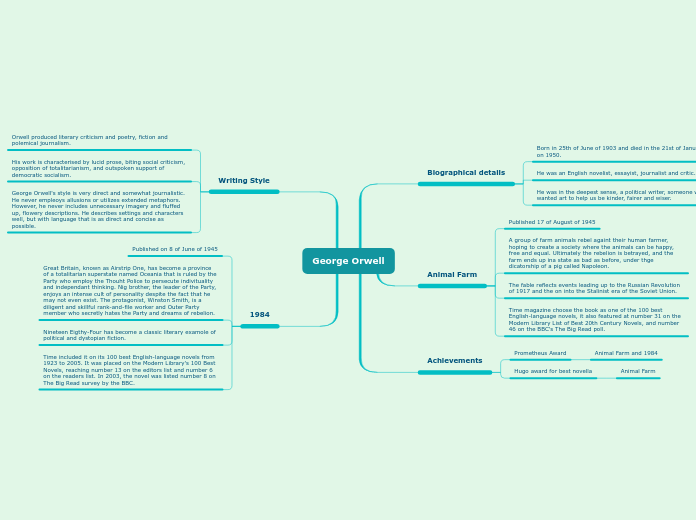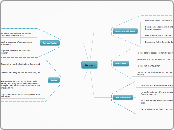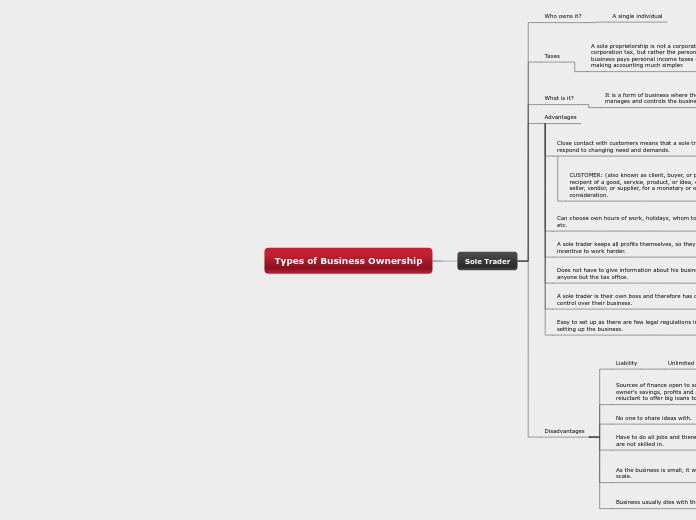ALM
ilkin
Mammadov
Criticism
Language Laboratories
Mechanical Learning
Drills
Behaviorism
Memorizing
Teacher centred
Structuralism
Rote Learning
ALM
classroom sample
Goals
The goals of teachers who use The Audio-Lingual Method are they want their students to be able to use the target language communicatively. They believe students need to over learn the target language, to learn to use it automatically without stopping to think. Their students achieve this by forming new habits in the target language and overcoming the old habits of their native language.
techniques
Dialog memorization
Backward build up ( expansion ) drill
Repetition drill
Chain drill
Single-slot substitution drill
Multiple-slot substitution drill
Transformation drill
Question-and-answer drill
Use of minimal pairs
Complete the dialog
Grammar game
Advantages
&
Disadvantages
Disadvantages
Because of all these disadvantages, instructors tried to find better ways to remedy the pitfalls of the audiolingual method.
Process of learning only focus in speaking.
Very little attention is paid to content.
Very little attention is paid to communication.
Students lacked an active role in the classroom.
Speaking or any kind of spontaneous creative output was missing from the curriculum.
Advantages
Learners more concern about the combination between behavioral psychology and linguistic.
Learners are able to give correct response directly.
Learners have no difficulties to understand the lesson as it is carried out in the mother tongue
Learners be able speaking the target language comunicatively.
Activies
ALM activities can be extended to achieve limited communicative expression. Application activities might include responding to open-ended drills, adapting the dialogue to new situations, using language from the lesson as the basis for personal expression and performing role plays that depart from the dialogue to some degree.
Conclusion
students might be asked to distinguish between minimal pair, for example, r to supply an appropriate verb from a sentence.
Students errors are to be avoided if all possible through the teacher’s awareness of where the students will have difficulty and restriction of what they are taught to say.
T&S
rols
Student
The role of the students is they are imitators of the teacher’s model of the tapes he/she supplies of model speakers. They follow the teacher’s directions and respond as accurately and as rapidly as possible.
Teacher
The role of teacher in class is like an orchestra leader, directing and controlling the language behavior of her/his students. He/She is also responsible for providing her/his students with a good model for imitation.
History
Principles
Foreign language learning is basically a process of mechanical habit formation. The student are able to give correct response rather than by making mistake.
Language skills are learned more effectively if the items to be learned in the target language are presented in spoken form before they are seen in written form. Aural-oral training is needed to provide the foundation for the development of other language skills.
Drills can enable learners to form correct analogies. Hence the approach to the teaching of grammar is essentially inductive rather than deductive.
The meaning that the words of a language have for the native speaker can be learned only in a linguistic and cultural context and not isolation.
